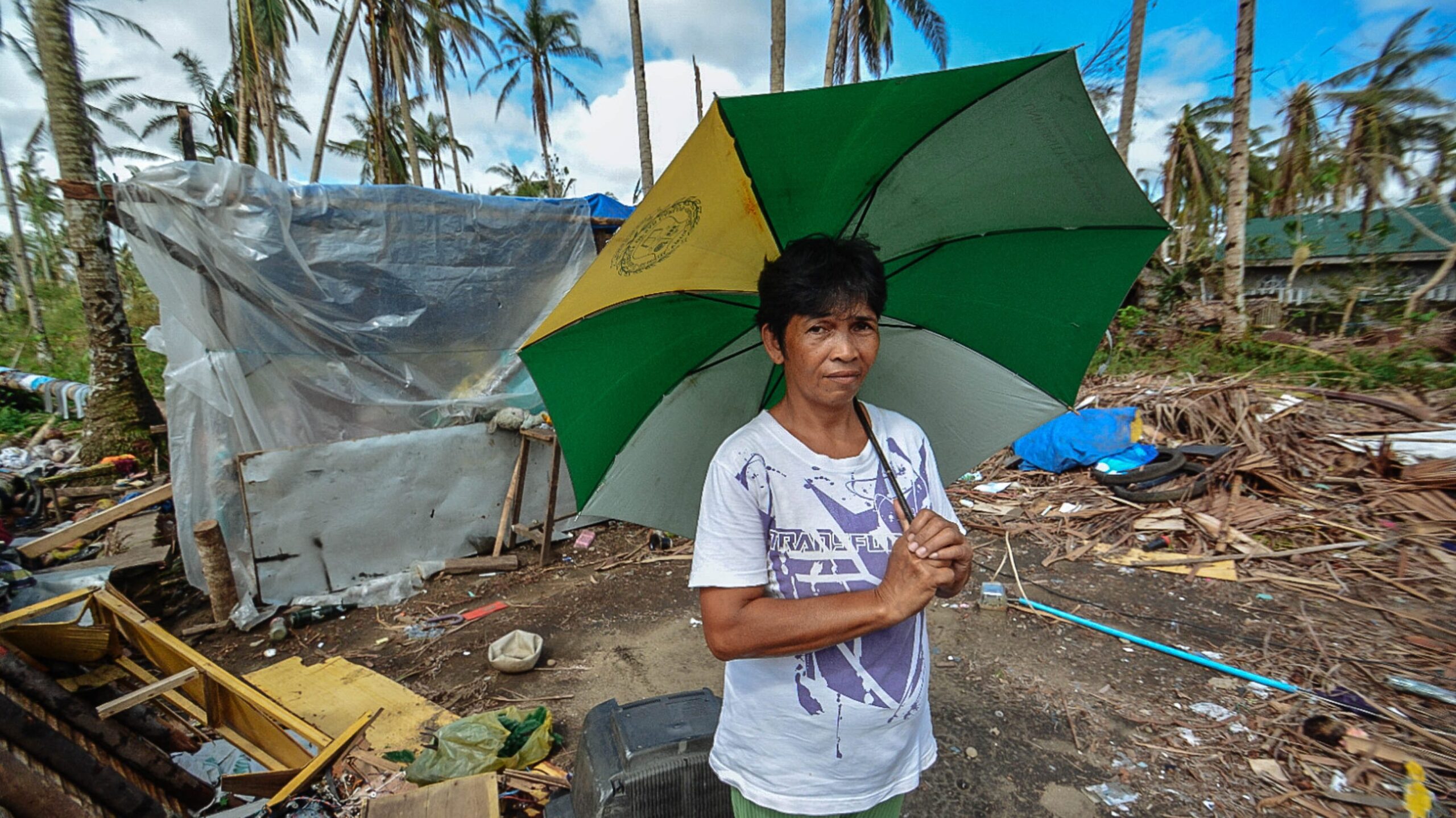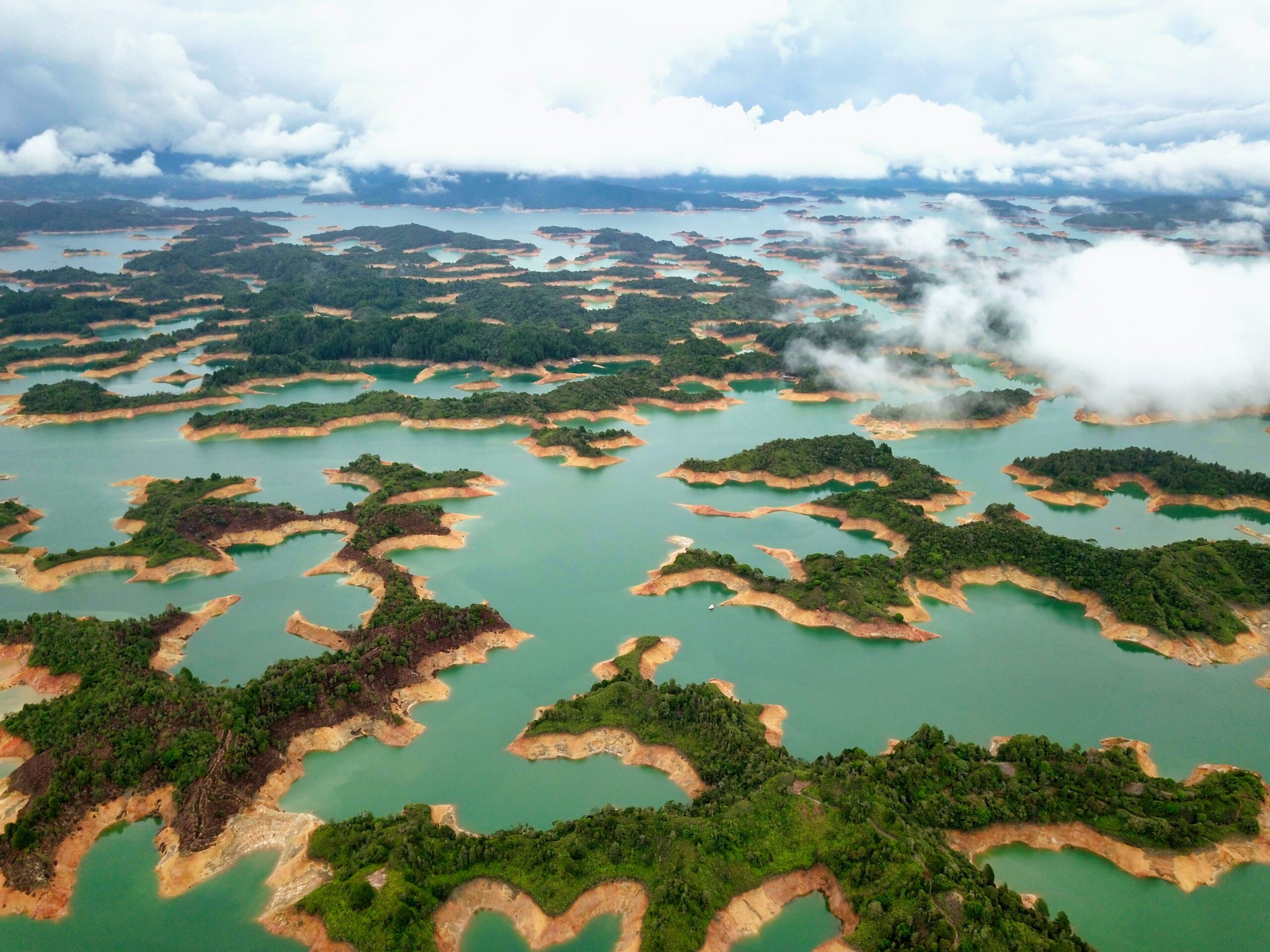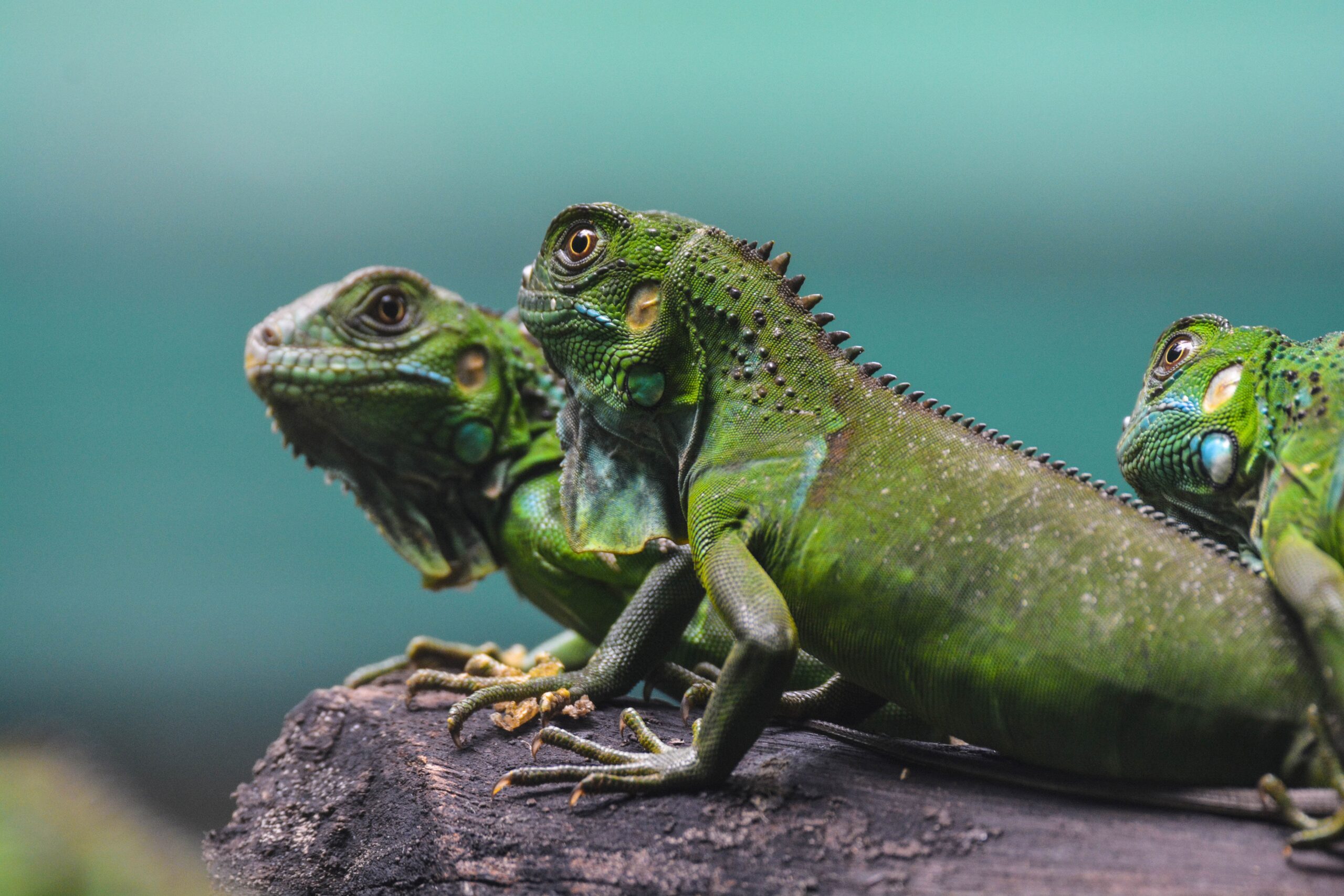
This article was originally published on Mongabay.
“The past 50 years have seen a catastrophic decline in the planet’s ecosystems and natural environments. Every day at least 32,300 hectares (80,000 acres) of forest vanishes, and the size of wildlife populations has dropped by an average of 60%, according to a headline-grabbing 2018 study by WWF.
To some, this destruction is an unfortunate side effect of human economic development. To others, it’s symbolic of a species out of whack with its surroundings that’s rapidly creating the conditions for catastrophe. But while the debate over the costs and benefits of humanity’s march deeper and deeper into nature rages across the globe, few studies have tried to quantify one of the central questions of that debate: is all this change making us better or worse off?
In a study published last October, a team of researchers working with the Intergovernmental Science-Policy Platform on Biodiversity and Ecosystem Services (IPBES) sought to answer that question. The IPBES is a cooperative intergovernmental body set up by the United Nations in 2012 — similar to the Intergovernmental Panel on Climate Change (IPCC), but with an eye on biodiversity and ecosystem services instead of carbon emissions.
The researchers, representing 12 countries on five continents, reviewed more than 2,000 studies published in scientific journals along with other materials. They found that almost across the board the destruction of the environment is making people worse off, and where the results were mixed, negative impacts were often felt more acutely by lower-income people and in poorer countries…”












